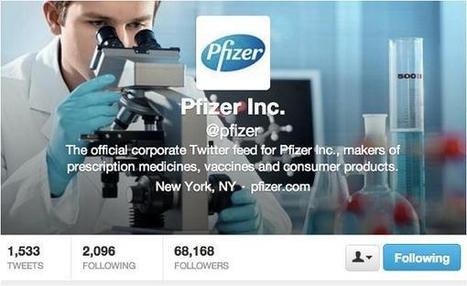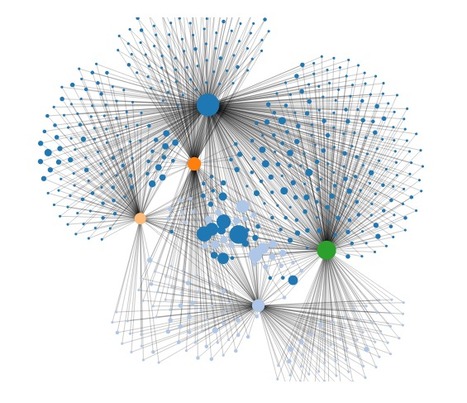Improved and standardized reporting across healthcare organizations is needed to better understand the impact of health information technology (IT) on adverse events, according to a report from the Office of the National Coordinator for Health IT (ONC).
The Health Information Technology Adverse Event Reporting: Analysis of Two Databases studied the Common Formats used to encourage adverse event reporting in 2 Patient Safety Organizations: UHC and ECRI Institute. After analyzing hundreds of thousands of adverse events from all causes reported from since January 2011 for UHC and October 2009 for ECRI, ONC found there are definite areas of improvement.
“Healthcare organizations and health IT developers, working with PSOs, can use evidence like this to focus their efforts to use health IT to make care safer and to continuously improve the safety of health IT,” Kathy Kenyon, JD, senior policy analyst for ONC, wrote in a blog post.
For instance, in the ECRI database, the Yes/No question on health IT involvement was answered only 4% of the time. UHC did better, although the question was still only answered roughly half of the time.
An analysis of UHC’s database found the most common contributing factors to health IT-related events were communication among staff and team members (40%-42%), staff inattention (33%-34%), and accuracy of the data (21%-23%). Furthermore, a third of health IT-related events were medication-related, making them the most common type.
However, despite the usefulness of UHC’s database, more than half of the health IT-related events were categorized as “other,” which makes it difficult to determine the clinical problem involved in these events, according to Ms Kenyon. -
See more at: http://www.ajmc.com/newsroom/Health-IT-Related-Adverse-Event-Reporting-Needs-Improvement#sthash.tEhiA8At.dpuf



 Your new post is loading...
Your new post is loading...










